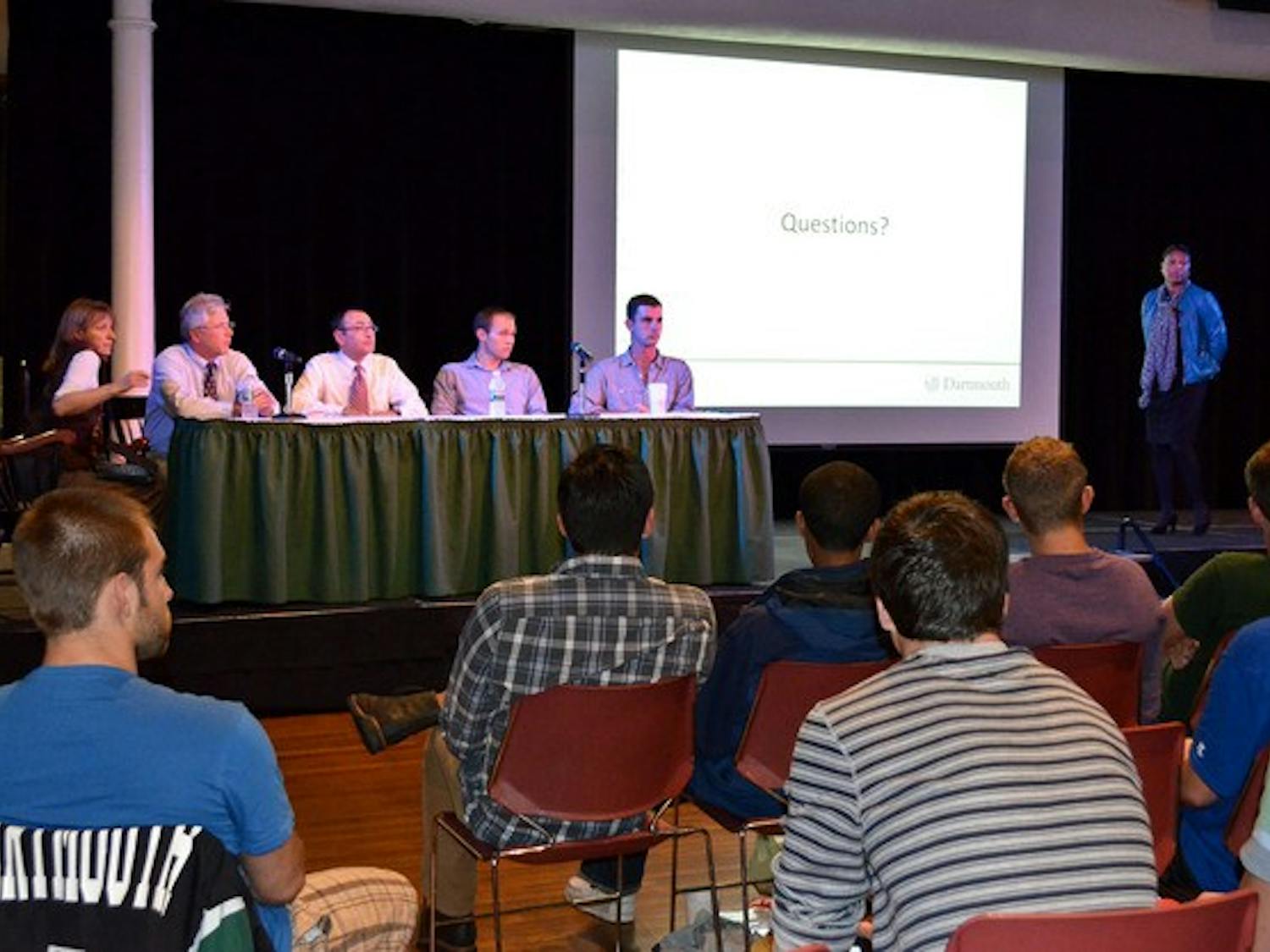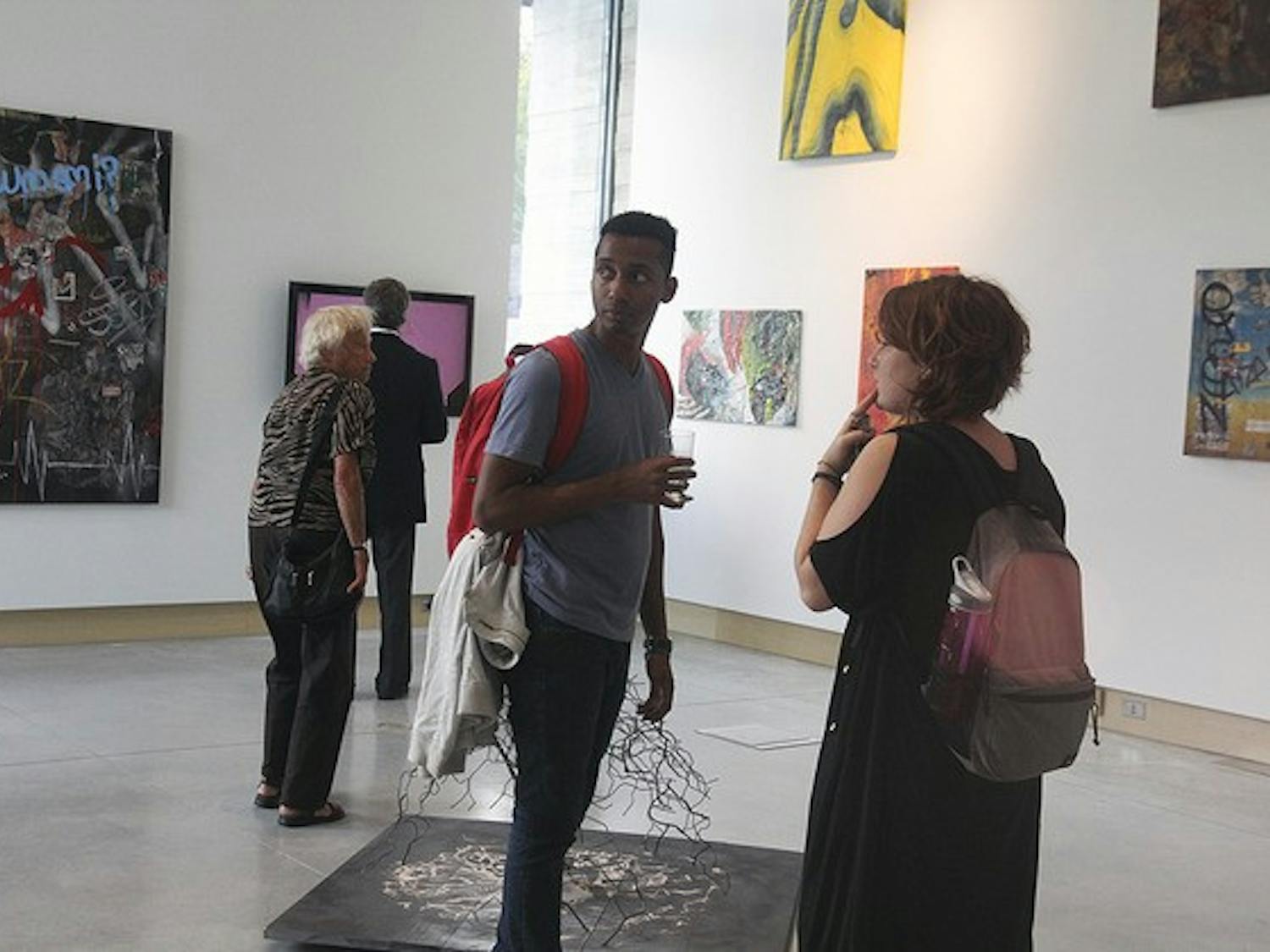TDI study finds that new programs reduce health care costs
New programs for delivering health care can improve quality while reducing costs, especially for some of the nation's most vulnerable patients, according to a new study conducted by The Dartmouth Institute for Health Policy and Clinical Practice. The study "Spending Differences Associated with the Medicare Physician Group Practice Demonstration" was published last week in The Journal of the American Medical Association and found that Medicare's Physician Group Practice Demonstration program saw spending grow at a reduced rate for all participants in the program and at a significantly reduced rate for "dual eligibles," defined as patients eligible for both Medicare and Medicaid, over a six-year period, according to TDI faculty member Carrie Colla. Mandated in 2000, the PGP Demonstration marks the first Medicare pay-for-performance initiative and offers physicians incentives to collaborate on health care delivery and improve quality and cost efficiency of Medicare services, according to the website of the Centers for Medicare and Medicaid Services. The PGP Demonstration program is similar to an "accountable care organization," a term coined by study co-author and TDI faculty member Elliott Fisher to describe a group of providers, including primary care physicians, collaborating as an organization to improve care and lower costs.






